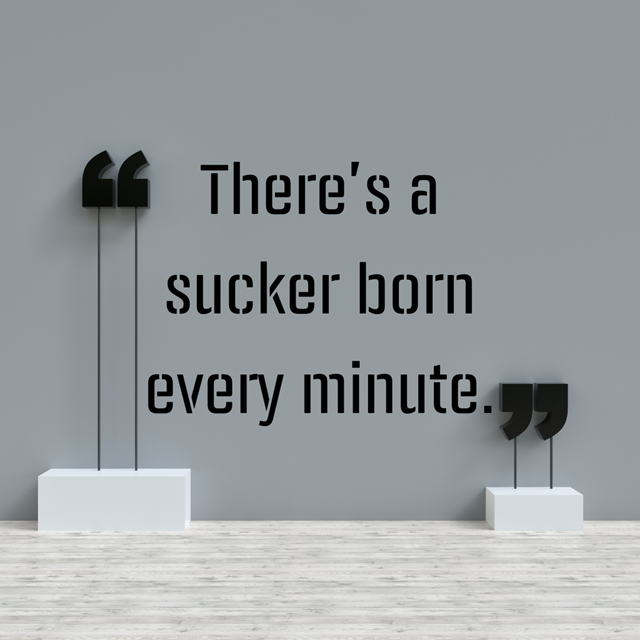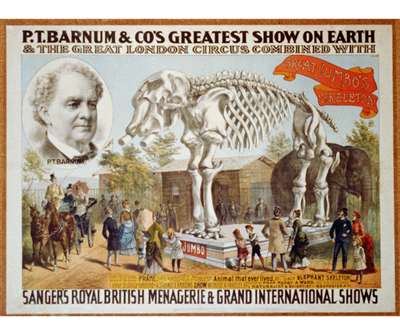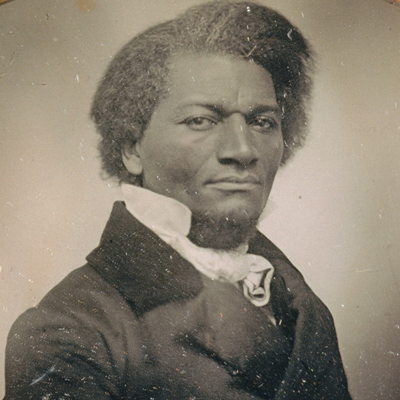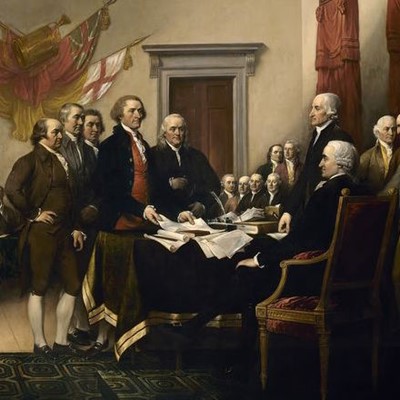
"This is the part of my speech where I share some inspirational quotes I found on Google."
– Valedictorian Ben Bowen in a high school graduation speech
Maybe you've seen the movie Our Brand is Crisis (which HBO has on heavy rotation this summer) starring Sandra Bullock and Billy Bob Thornton.
If so, you know a pivotal moment is built around using a quote in a speech. One political consultant smugly steals a quote from the competition, only to discover much too late that he's been set up: The words came not from Goethe but from Goebbels. The candidate loses the race (at least in part) because he unknowingly quotes one of Hitler's closest supporters.
That moment can serve as a cautionary tale for all of us who scroll through quotes online, looking for something to jazz up a presentation. Before you decide to include the words of someone else in your speech, consider these three guidelines:
1. Determine if a quote is the best way to achieve your goal.
Speakers often seem to think it's not a real speech until they quote someone else. We're happy to tell them that's just not true. A better approach is to think about what you're trying to achieve and if a quote can help you do it.
Some considerations:
- Does the quote bring extra punch, or maybe a touch of humor, to a point you're making? Often, a quote can do that—and when it does, we're all for it.
- Will people recognize the source of your quote or will you have to use valuable time setting it up? It's a problem we see when people quote a less widely known writer or personality and the audience is saying to themselves, "Who the heck is that?"
- Is the quote short enough and distinctive enough to add interest to your speech? Or does it sound so much like your speech that it blends in? There are ways to deliver a quote that will help, but it's frustrating and confusing for an audience when they can't distinguish where the quote stops and your words begin--or when the quote goes on too long.
"I often quote myself. It adds spice to my conversation."
– George Bernard Shaw
2. Know the source of the quote and the context.
Of course, you want to make sure you're not quoting Nazis. But it's more than that.
Quotes taken from unfamiliar source material can backfire—especially if members of your audience happen to know the quote, the context, and can tell you've only Googled it. Your best move is to read the entire passage from which the quote originates and be familiar with what and whom you're excerpting.

3. Get it right.
Another pitfall of relying on Google for a quick quote is that you're at risk of grabbing a false one. Here are two commonly used fake quotes we've highlighted before:
"I disapprove of what you say, but I will defend to the death your right to say it." Voltaire's most famous quote is a line he never wrote or said. Biographer Evelyn Beatrice Hall wrote that line to illustrate his outlook. It's her quote, not his.
"There’s a sucker born every minute" did not originate with Phineas Taylor Barnum. A frustrated competitor reportedly said that about Mr. Barnum, but the quote is nearly always attributed to P.T.
"Quotation, n: The act of repeating erroneously the words of another."
– Ambrose Bierce
We'll leave you with one more idea: A quote is not exactly the most original thing you can do. From our experience, it's one of the two most common gimmicks that speakers turn to. The other? Giving us the dictionary definition of a key word in their speech.






